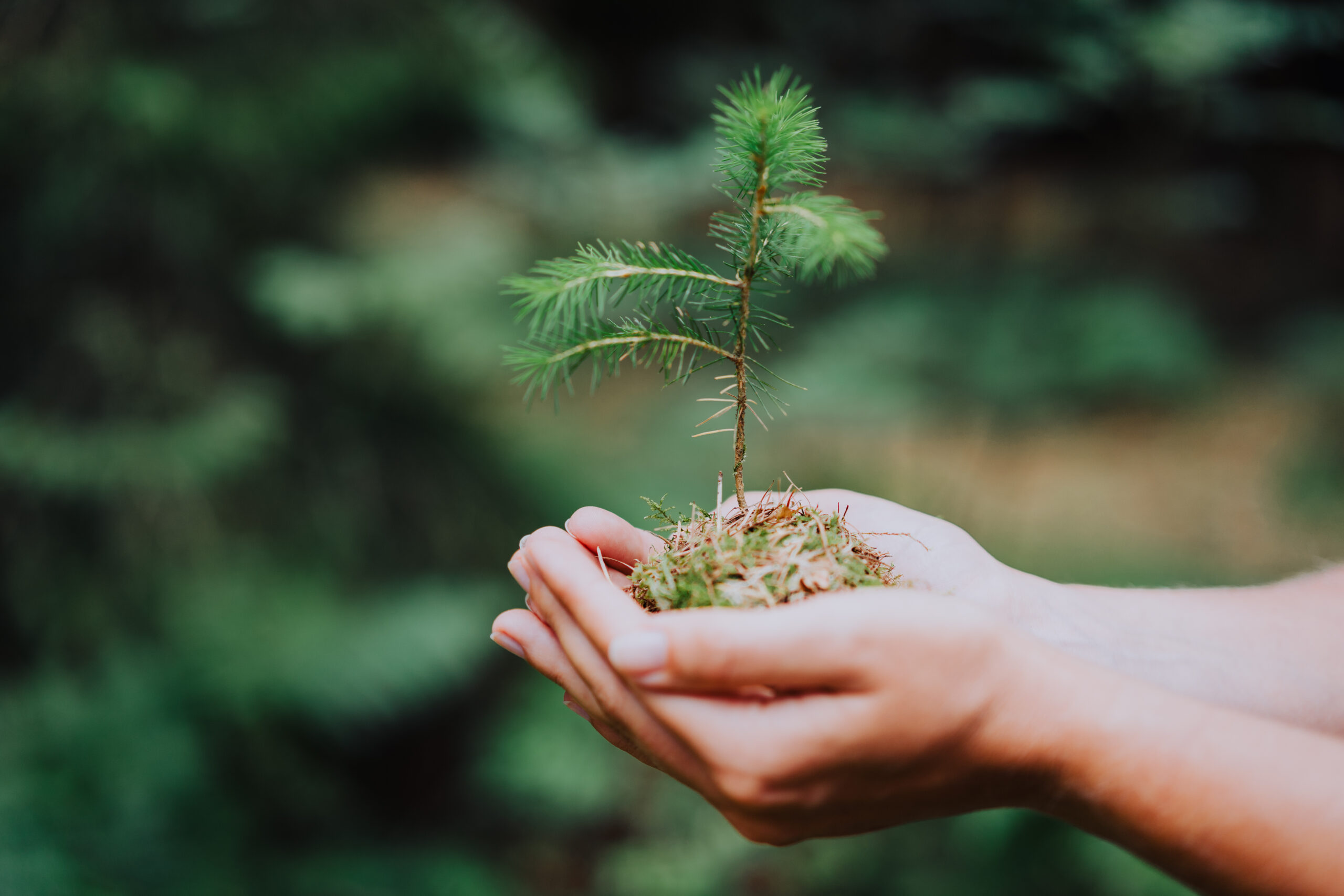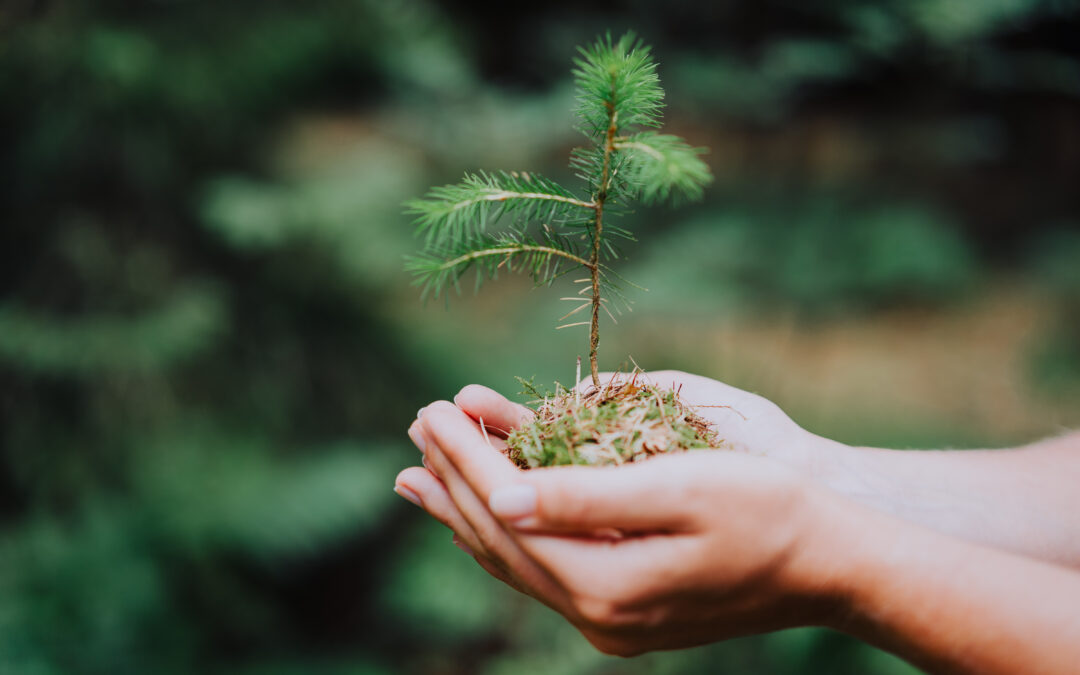Welcome to the world of organic gardening! Starting your own organic garden can be a fun and rewarding experience. In this guide, we will cover everything you need to know to get started with your very first organic garden.
Organic gardening is a method of growing plants without using synthetic fertilizers or pesticides. Instead, it relies on natural methods such as composting, crop rotation, and companion planting to keep plants healthy and free from pests. By choosing organic gardening, you are not only creating a sustainable and environmentally-friendly garden but also ensuring that your produce is safe for consumption.
The first step in starting an organic garden is selecting the right location and soil. Choose a spot in your yard that receives at least six hours of sunlight per day and has well-draining soil. If your soil is poor quality, consider adding compost or other organic matter to improve its nutrient content.

Once you have selected your site, it’s time to start seeds indoors. This allows you to get a head start on the growing season and ensure that your plants are strong and healthy before transplanting them outside. To start seeds indoors, choose a seed starter kit that includes sterile potting mix and small containers. Fill each container with the potting mix, moisten it with water, and then sprinkle two to three seeds into each container. Cover the seeds lightly with more potting mix and place the containers in a warm, bright location. Keep the soil moist but not overwatered until the seeds germinate.
When it comes to growing vegetables in an organic garden, there are several tips to follow. First, choose crops that are well-suited to your climate and growing conditions. Second, practice crop rotation to prevent depletion of nutrients in the soil. Third, use companion planting to attract beneficial insects and deter pests. Fourth, maintain a regular schedule of harvesting and pruning to keep your plants productive and healthy.
Common pests and diseases in organic gardens include aphids, slugs, snails, and fungal diseases like powdery mildew. Rather than using chemical pesticides and fungicides, try natural remedies such as neem oil, garlic spray, and baking soda solution. These products are less harmful to humans, animals, and the environment while still providing effective control against pests and diseases.
Finally, when it’s time to harvest your homegrown produce, make sure to do so at peak ripeness to maximize flavor and nutrition. Consider preserving your excess produce by canning, freezing, or drying to enjoy fresh fruits and veggies throughout the year.
In conclusion, starting your own organic garden can be both fulfilling and challenging. With these tips and tricks, you’ll be well on your way to growing your own delicious and healthy produce in no time!



